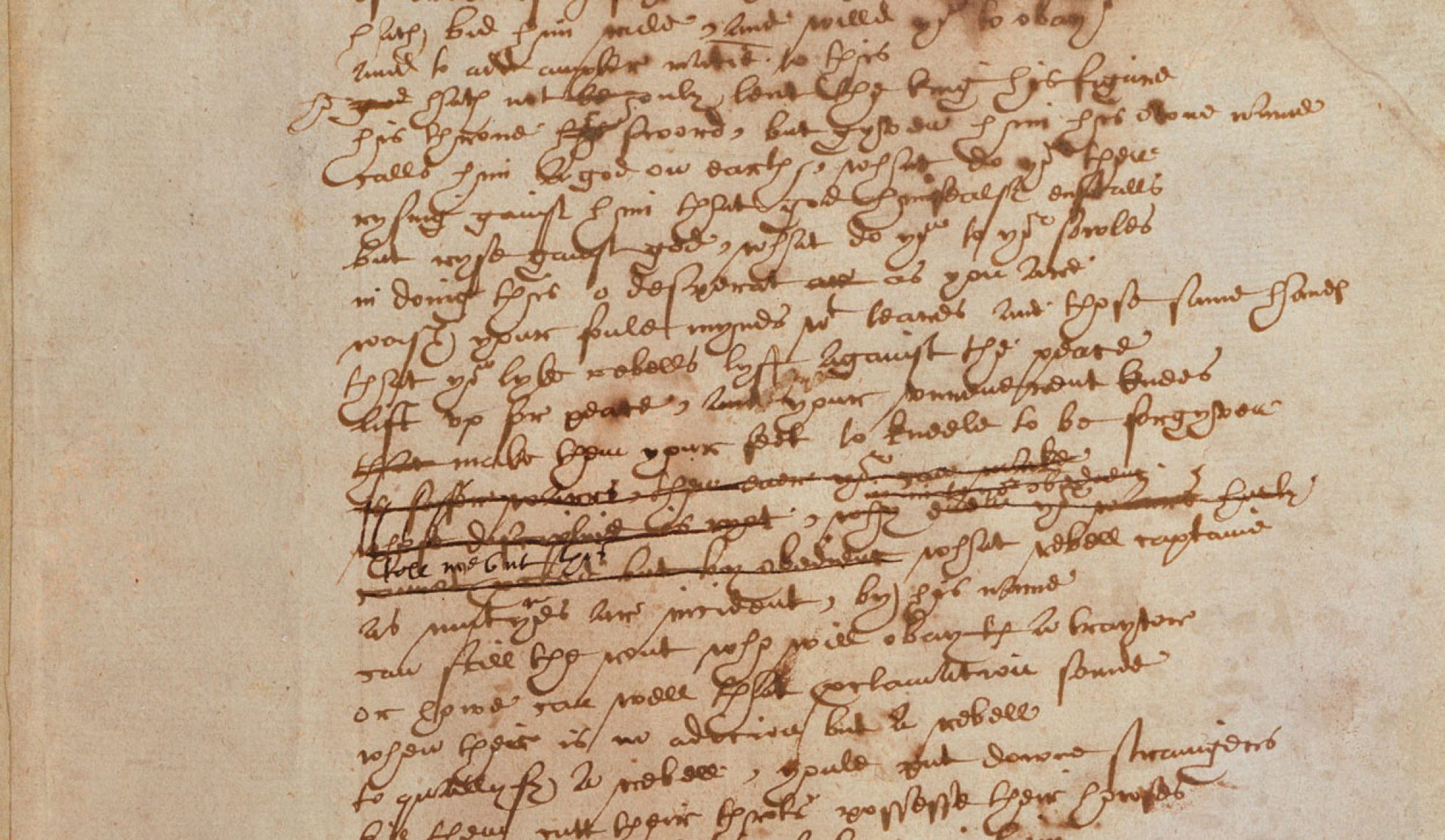It is not my wish to clog up this blog with back-and-forth; and yet, I indulge myself this. Jessica rightly points out that I have been a bit sloppy with my meta-language about temporality. I will own that I have not put in the full work necessary to understand the philosophical or theoretical foundation upon which these terms rest. I am therefore not comfortable disputing them. Nor do I have Jessica’s admirable command of recent movements in the meta-discourses of literary criticism.
But I do think there’s a basic methodological difference in how we are conceptualizing literary criticism, a difference that must map in a certain way onto larger disciplinary divides. I still conceive of criticism as largely a conversation, a conceit which privileges an idea of “originary textuality” as an interlocutor possessing a kind of agency. This conceit allows me to recognize that this idea of an originary textuality, which again need not be understood as a crude authorial intentionality, always receeds from grasp, is always modified and mediated by the ages across which the message travels – rather like Jessica’s conveyor belt analogy, or, perhaps, a game of telephone. To a certain extent, it can embrace these modifications as welcome additions rather than perceiving them as loss, just as in conversation with each other we never perfectly grasp another’s consciousness, and can delight in the possibilities of unintended signification.
However, the model of reading I describe always has in mind at least the phantom of an original moment of communication as a lodestar, a standard against which later receptions are implicitly or explicitly measured. This conception of reading is, I sense, somewhat at odds with the project of post-modern theories which place great emphasis on the “ludic” possibilities of texts, the capacity of language for infinite signification. Here, there is a controlling outside-the-text. Philology as I see it is a project of controlling or limiting signification – Philologists are often invested in telling you what something can’t mean. As a group, this is perhaps our least appealing characteristic. However, there are different sizes of infinity – and I believe that an unlimited number of possibilities for meaning can play out in a field whose boundaries are distinctly demarcated by certain principles of positivistic inquiry.
On time and crumpled handkerchiefs, I’m reminded of Eliot:
Time present and time past
Are both perhaps present in time future
And time future contained in time past.
If all time is eternally present
All time is unredeemable.
What might have been is an abstraction
Remaining a perpetual possibility
Only in a world of speculation.
What might have been and what has been
Point to one end, which is always present.
Footfalls echo in the memory
Down the passage which we did not take
Towards the door we never opened
Into the rose-garden. My words echo
Thus, in your mind.
But to what purpose
Disturbing the dust on a bowl of rose-leaves
I do not know.
Other echoes
Inhabit the garden. Shall we follow?
